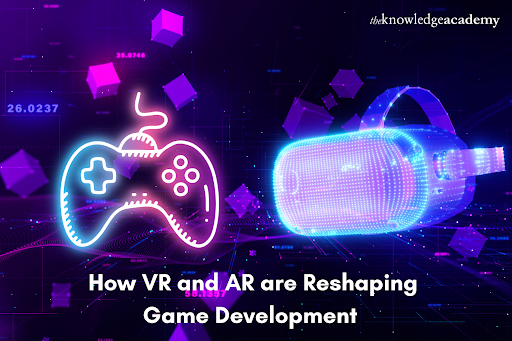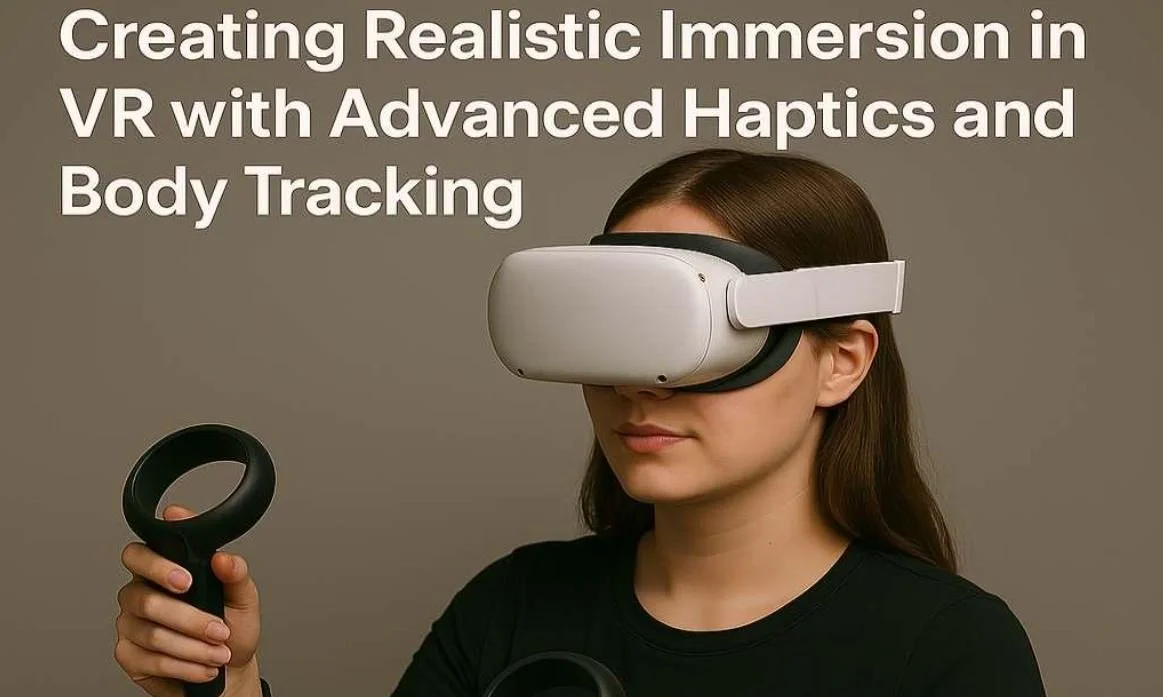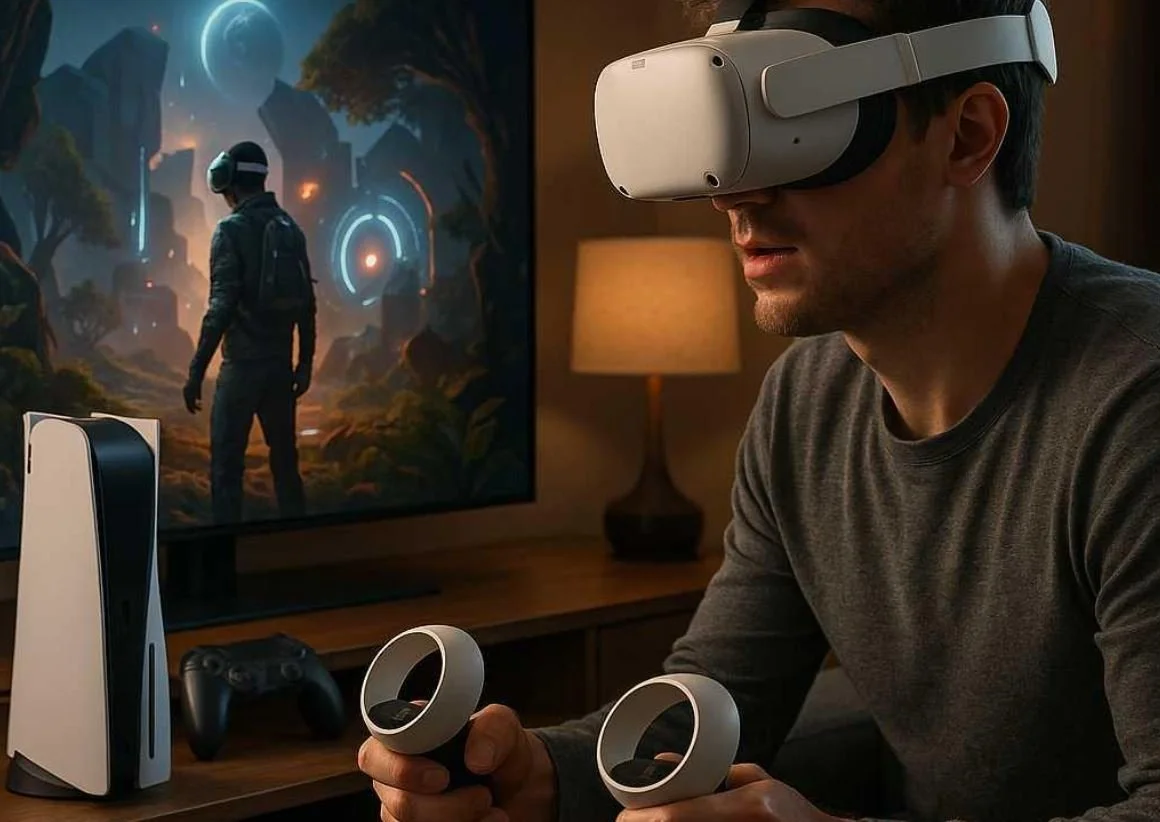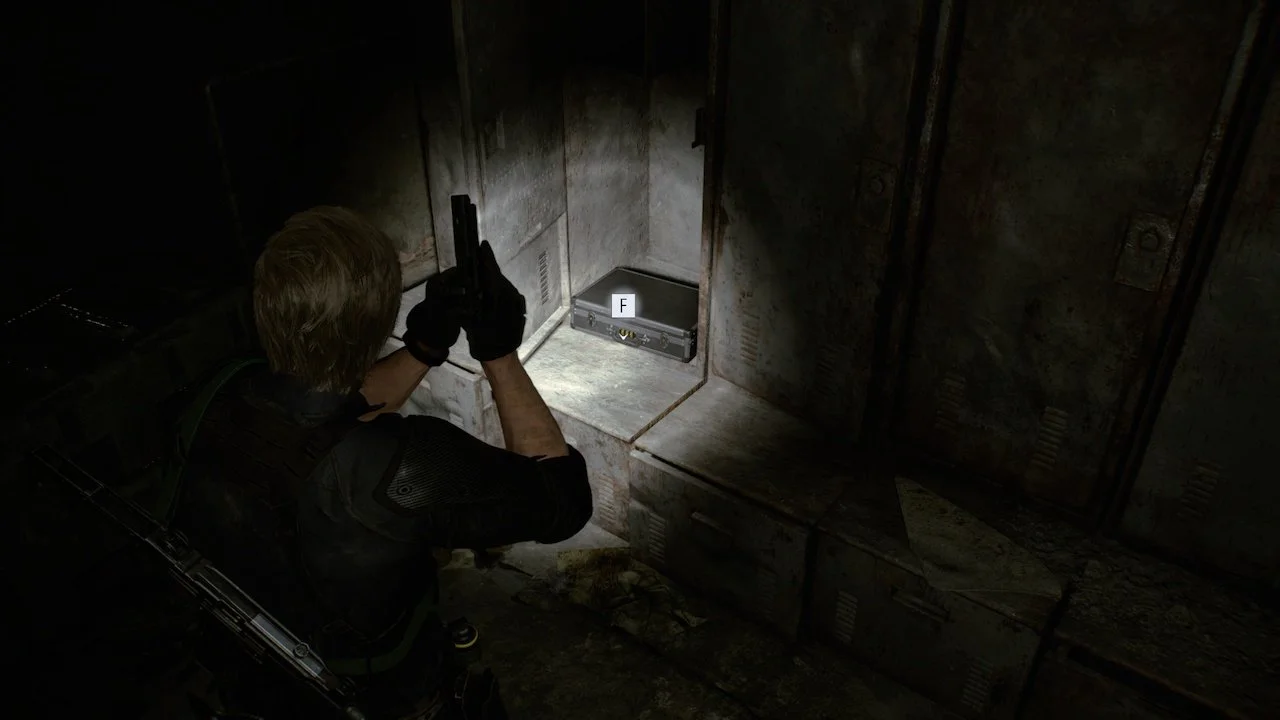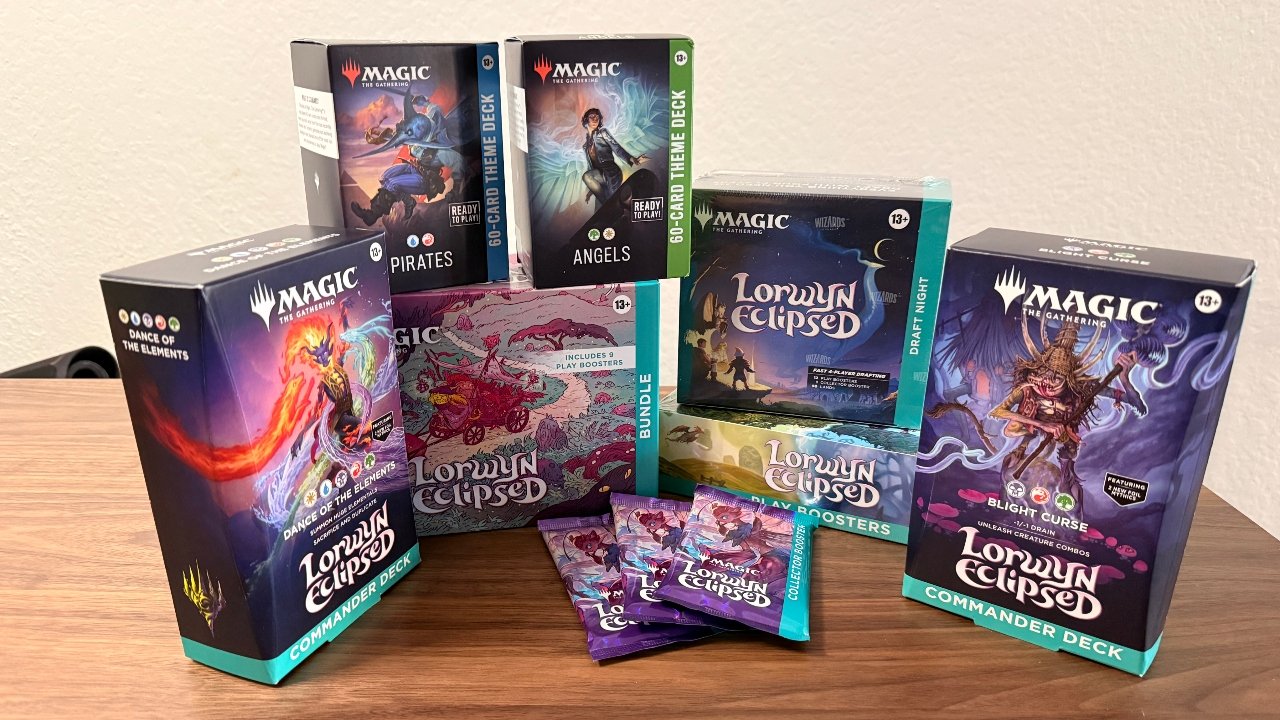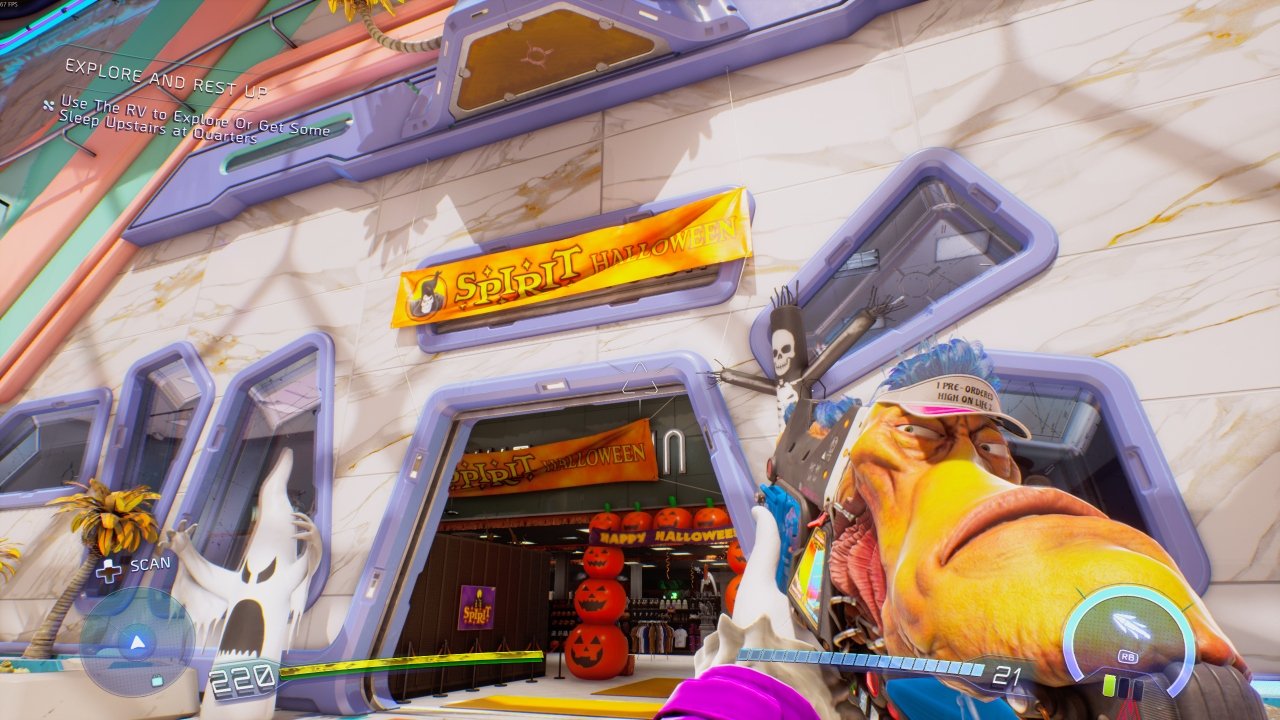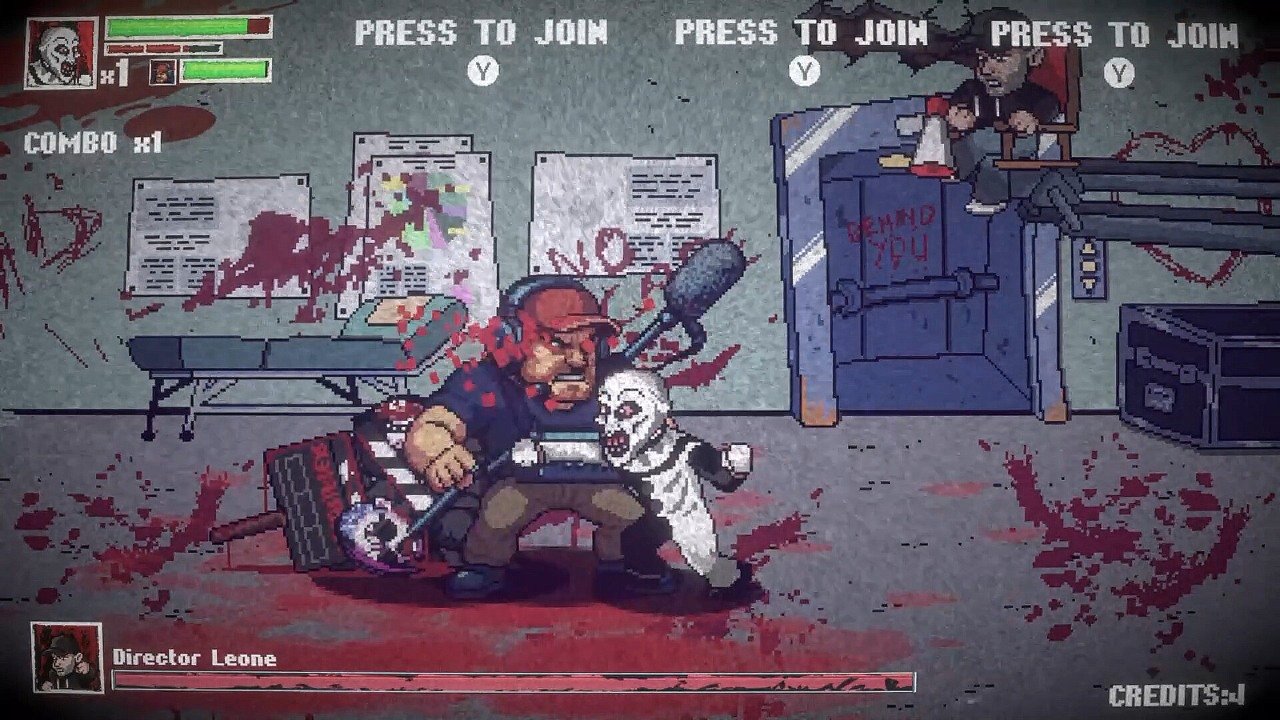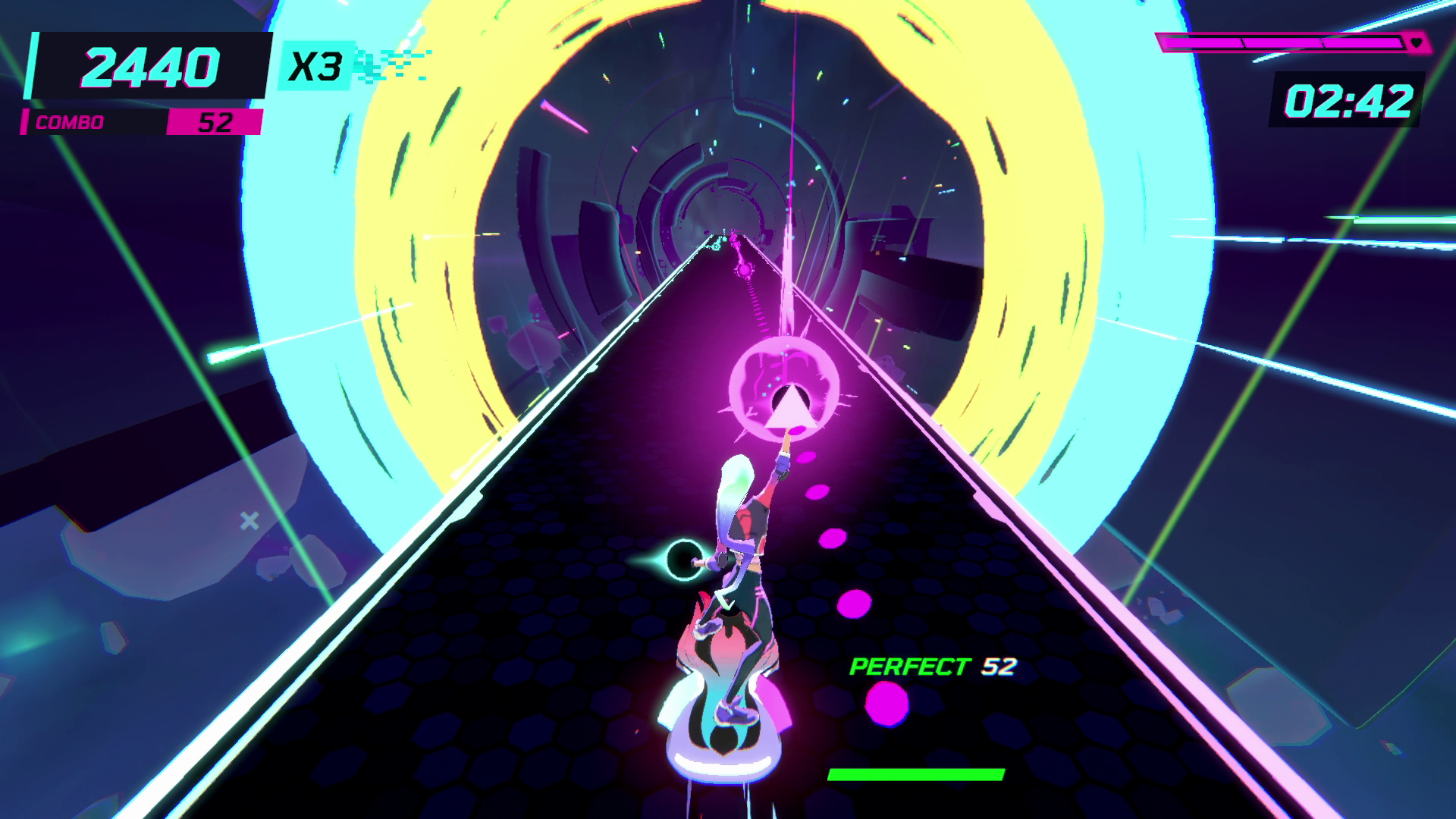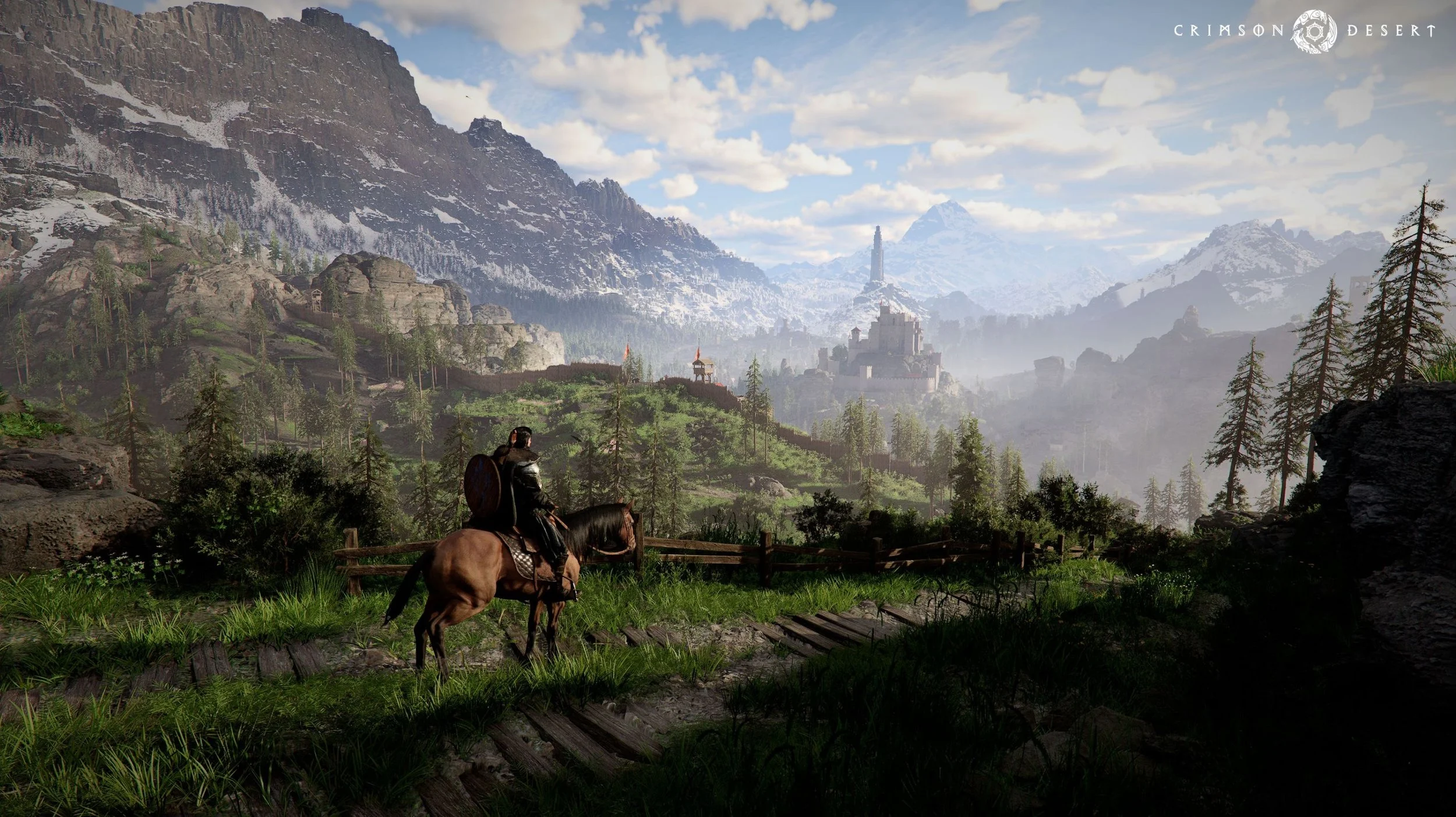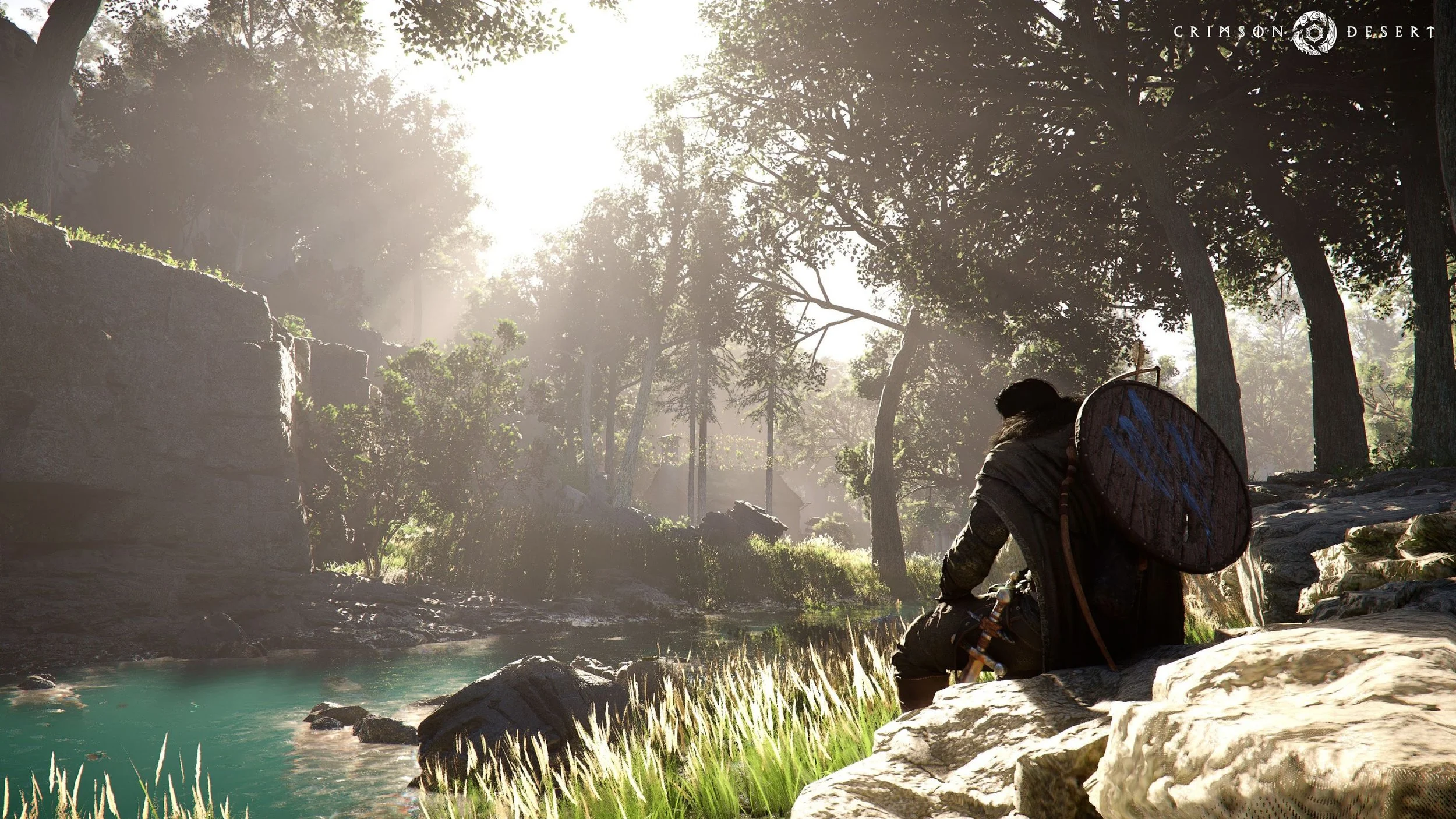The technology behind virtual reality games continues to evolve and every year we see more unique and innovative VR games break into the market and make waves. For game developers, and gamers looking to learn how to build their own projects, this is a hugely exciting time to consider breaking into the VR games space.
The question is, which game engine should aspiring VR developers use to make their vision a reality? Here, we’ll explore three of the most popular engine choices, Unreal Engine, Unity, and Godot, alongside their advantages and disadvantages, and how to decide which is right for you.
Unreal Engine
Alongside Unity, Unreal Engine holds a vast market share when it comes to game engines. Many of your favourite titles were likely built in Unreal, particularly AAA games which often top the best-selling charts.
Unreal has spent 25 years being fine-tuned as an engine, meaning there are a host of tutorials and support networks out there to support both established and aspiring VR game devs looking to build something new. Furthermore, Unreal supports all platforms including SteamVR, and boasts its own simplified visual scripting system called Blueprints that can reduce or completely remove the need for manual coding.
This said, Unreal does utilize C++, which is a slightly more difficult coding language to learn, particularly if it’s your first. On top of this, there have been complaints about Unreal’s documentation lacking depth and Blueprints tutorials not teaching enough for the average user to build something effectively, so it might be worth looking at other options, too.
If you’re confident in C++ or don’t mind using YouTube tutorials to learn the fundamentals of Blueprints, Unreal Engine might be for you.
Unity
Unity remains one of the most popular game engines available, offering exceptional flexibility for developing all types of games at every budget level, including VR experiences. Whilst Unity was released nearly a decade after Unreal, it maintains a large user base and is often associated with being easily accessible and accommodating teams of all sizes, particularly smaller organizations.
One of the major advantages for Unity game developers building VR games is the engine’s full Oculus Rift support, even in their free offering. This is a great foundation for anyone looking to build VR projects in the future, as Oculus remains a leader in the VR hardware space and is likely to continue far into the future. Furthermore, Unity’s scripting language of choice, C#, is considered easy to learn and beginner friendly, whilst the Unity Asset Store serves as a massive benefit for small developers who may not have all the skills needed to create a finished product.
Despite these advantages, some users have highlighted that Unity’s VR documentation is limited, an issue that appears to be common across the industry as VR games become increasingly popular. Despite this, Unity remains a great choice for beginner developers who want maximum flexibility and rapid learning potential.
Godot
Godot is a newer game engine on the scene, having been released in 2014. In that time, Godot has grown in popularity partly due to its free and open-source model, making it appealing for developers at every level of experience.
Godot operates with its own GDScript, as well as supporting C# and C++, providing a lot of flexibility unavailable to other engines. GDScript is known for being relatively easy to learn, which is a huge asset for beginner VR developers looking to take a crack at their first project or two.
Godot has its own challenges, though. As with much newer software, Godot has several buggy or poorly optimized features that could be improved. On the topic of optimization, there have also been mentions of Godot’s architecture making game optimization more difficult, presenting alternative challenges later in the game development process.
Regardless of these difficulties, Godot remains a very viable option, particularly for beginner VR developers looking to experiment with programming and built a product quickly.
Don’t Forget The Other Options
Whilst we have focused on these particularly common VR game engine options, there are a host of other alternatives that may be worth considering including Stride Engine, Amazon Lumberyard, CryEngine, and more.
Whatever the ideas behind your project, the most important first step is to take the plunge and begin making things. Game development is a challenging field that requires lots of technical expertise. Still, with the swathes of tutorials, guides, and technology out there, it’s possible to make anything with enough time and dedication.



